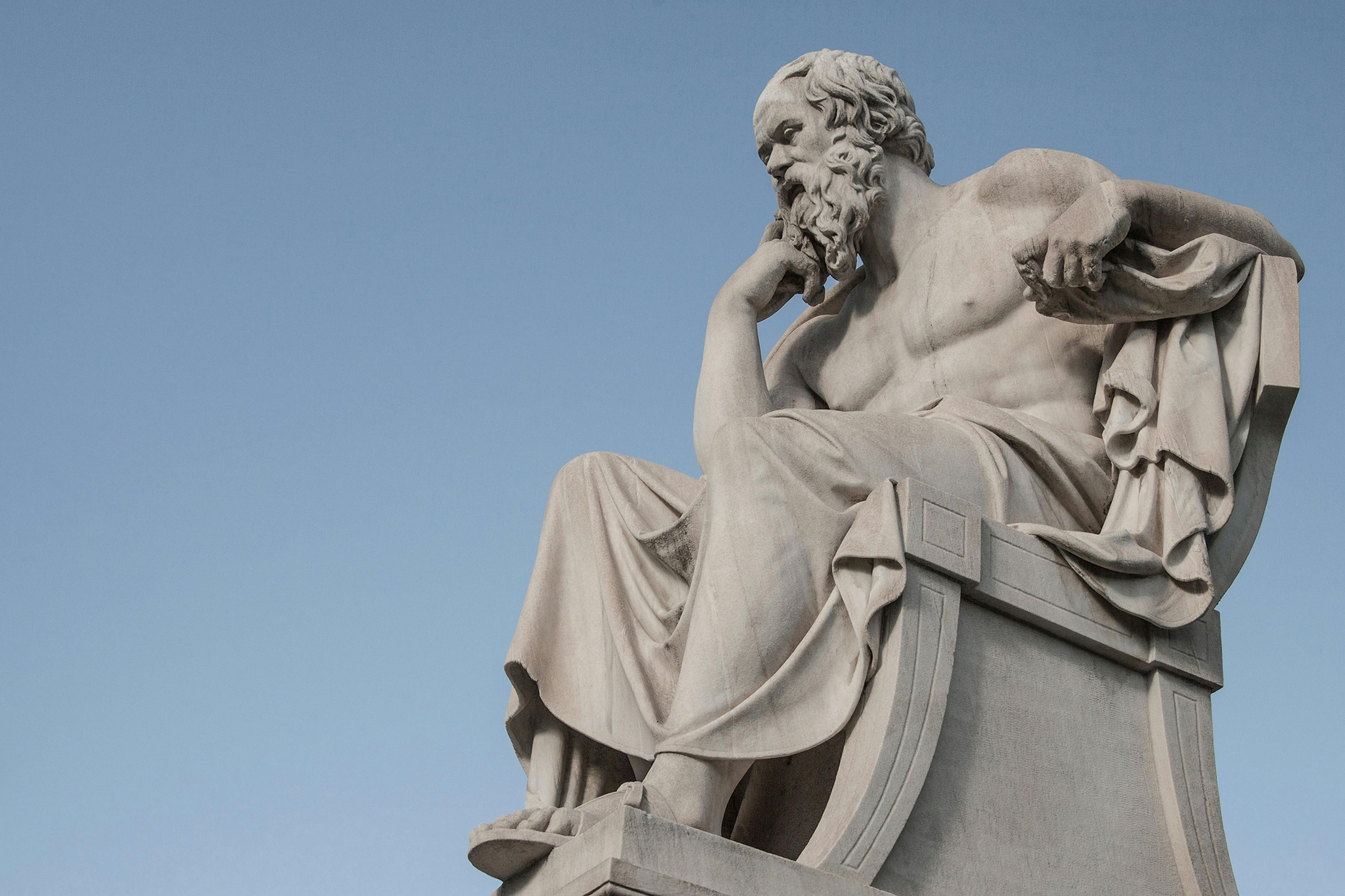Blog · Anger and Aggression · Productivity
Should You Pursue Happiness? Understanding the Difference Between Happiness and Fulfillment

Happiness is a concept that has fascinated philosophers, psychologists, and everyday people for centuries. But what does it really mean to be happy, and is the pursuit of happiness truly the path to a meaningful life? Exploring the many definitions and dimensions of happiness reveals why fulfillment may be a more reliable compass for living well.
Defining Happiness: More Than Just a Feeling
Happiness is commonly described as a pleasurable or satisfying experience, an emotional state marked by feelings of joy, satisfaction, contentment, and sometimes fulfillment itself. Psychology refines this further, describing happiness as a state of emotional well-being, experienced either in fleeting moments when good things happen or more broadly as a positive evaluation of one’s life and accomplishments—what is often called subjective well-being.
However, happiness is not a one-size-fits-all experience. Its definition is highly individual, shaped by personal values, cultural influences, and even philosophical outlooks. For example, Buddhism frames happiness as peace of mind, achieved by detaching oneself from the endless cycle of craving. In contrast, philosopher Arthur Schopenhauer saw happiness as the temporary satisfaction of desires, arguing that life is a constant cycle of desire and dissatisfaction. According to him, happiness is not a permanent state but rather a brief relief from suffering, experienced in the moments between fulfilling one desire and the onset of another.
This elusive quality means happiness is often recognized only in retrospect. Many people realize they were happy only after the moment has passed, highlighting its abstract and sometimes directionless nature.
However, happiness is not a one-size-fits-all experience. Its definition is highly individual, shaped by personal values, cultural influences, and even philosophical outlooks. For example, Buddhism frames happiness as peace of mind, achieved by detaching oneself from the endless cycle of craving. In contrast, philosopher Arthur Schopenhauer saw happiness as the temporary satisfaction of desires, arguing that life is a constant cycle of desire and dissatisfaction. According to him, happiness is not a permanent state but rather a brief relief from suffering, experienced in the moments between fulfilling one desire and the onset of another.
This elusive quality means happiness is often recognized only in retrospect. Many people realize they were happy only after the moment has passed, highlighting its abstract and sometimes directionless nature.
The Paradox of Chasing Happiness
The pursuit of happiness can become problematic when it turns into an obsession or is tied to specific outcomes. Carl Jung famously observed that "the more you deliberately seek happiness the more sure you are not to find it." When happiness becomes a fixed goal—dependent on achieving a certain job, relationship, or lifestyle—well-being becomes fragile. If reality falls short of these expectations, disappointment and dissatisfaction are almost inevitable.
Fixating on happiness can also lead to what’s often called the "happiness treadmill," where individuals move from one anticipated source of happiness to the next, never truly arriving. This constant chasing can, ironically, make people more miserable if they fail to reach their idealized version of happiness.
Fixating on happiness can also lead to what’s often called the "happiness treadmill," where individuals move from one anticipated source of happiness to the next, never truly arriving. This constant chasing can, ironically, make people more miserable if they fail to reach their idealized version of happiness.
The Limits of Pleasure and the Trap of Hedonism
While feeling happy is undeniably enjoyable and often tied to pleasure, the relentless pursuit of pleasure—hedonism—can be just as unfulfilling. Chasing one pleasurable experience after another leads to diminishing returns; over time, people adapt to their current level of happiness and require more intense stimuli to feel the same joy. This adaptation leaves many "never truly satisfied," always needing more to recapture fleeting feelings of happiness.
Fulfillment: A Deeper Source of Satisfaction
If happiness and pleasure are so elusive, what is the alternative? Fulfillment emerges as a more fundamental principle. Fulfillment is rooted in purpose—a sense of meaning that can drive someone to devote themselves to a cause, craft, or mission, even at the expense of comfort or momentary happiness. Consider the artist or scientist who endures hardship for the sake of their work, or the soldier who faces danger out of belief in a mission. These examples show that a person can feel a profound sense of fulfillment even without constant happiness, but true happiness is difficult without at least some sense of fulfillment in life.
Finding Purpose and the Role of Excitement
For those unsure of their purpose, excitement can serve as a valuable guide. Rather than chasing abstract happiness or tying well-being to specific achievements, focusing on activities and ambitions that genuinely excite you is a more sustainable approach. This is not about attaching happiness to external outcomes, but about engaging in pursuits that make the journey itself meaningful and enjoyable.
This perspective aligns with Stoic philosophy, which holds that happiness comes more from how we think about things than from the things themselves. The same activity—like travel—can be a source of joy for one person and discomfort for another, depending on mindset. By aiming for purpose and actively shaping your thoughts, you can add "colours" to the journey and cultivate happiness along the way.
This perspective aligns with Stoic philosophy, which holds that happiness comes more from how we think about things than from the things themselves. The same activity—like travel—can be a source of joy for one person and discomfort for another, depending on mindset. By aiming for purpose and actively shaping your thoughts, you can add "colours" to the journey and cultivate happiness along the way.
The Importance of Beauty and Creativity
Another key factor in fostering happiness is the ability to perceive beauty in art and nature. Carl Jung considered this faculty essential for happiness, as appreciating aesthetics and the small wonders of everyday life can bring peace of mind and moments of joy. Engaging in creative activities—whether sketching, writing, or simply observing the world—can counterbalance life’s difficulties and bring a sense of calm and satisfaction.
Finding beauty is not just about escaping suffering; it’s about creating contrast and meaning, echoing Schopenhauer’s view that happiness is found in the spaces between hardship.
Finding beauty is not just about escaping suffering; it’s about creating contrast and meaning, echoing Schopenhauer’s view that happiness is found in the spaces between hardship.
So, Should You Pursue Happiness?
The evidence suggests that chasing happiness directly is often counterproductive. Instead, focusing on activities that fulfill you, nurturing your health and relationships, and seeking purpose in daily life creates fertile ground for happiness to arise naturally—often as an unexpected guest rather than a guaranteed outcome.
In summary:
In summary:
- Happiness is a complex, individual, and often fleeting experience.
- Chasing happiness directly can lead to disappointment and a perpetual sense of dissatisfaction.
- Fulfillment and purpose offer a deeper, more sustainable source of well-being.
- Excitement and engagement in meaningful activities are more reliable guides than the pursuit of pleasure alone.
- Appreciating beauty and engaging in creative acts can enrich your life and foster happiness.
- Focus on the journey and the things that give your life meaning—happiness will follow.
Good luck on your journey toward a more fulfilled and meaningful life!
If you are interested in this topic, go listen to the full episode:
If you are interested in this topic, go listen to the full episode:
